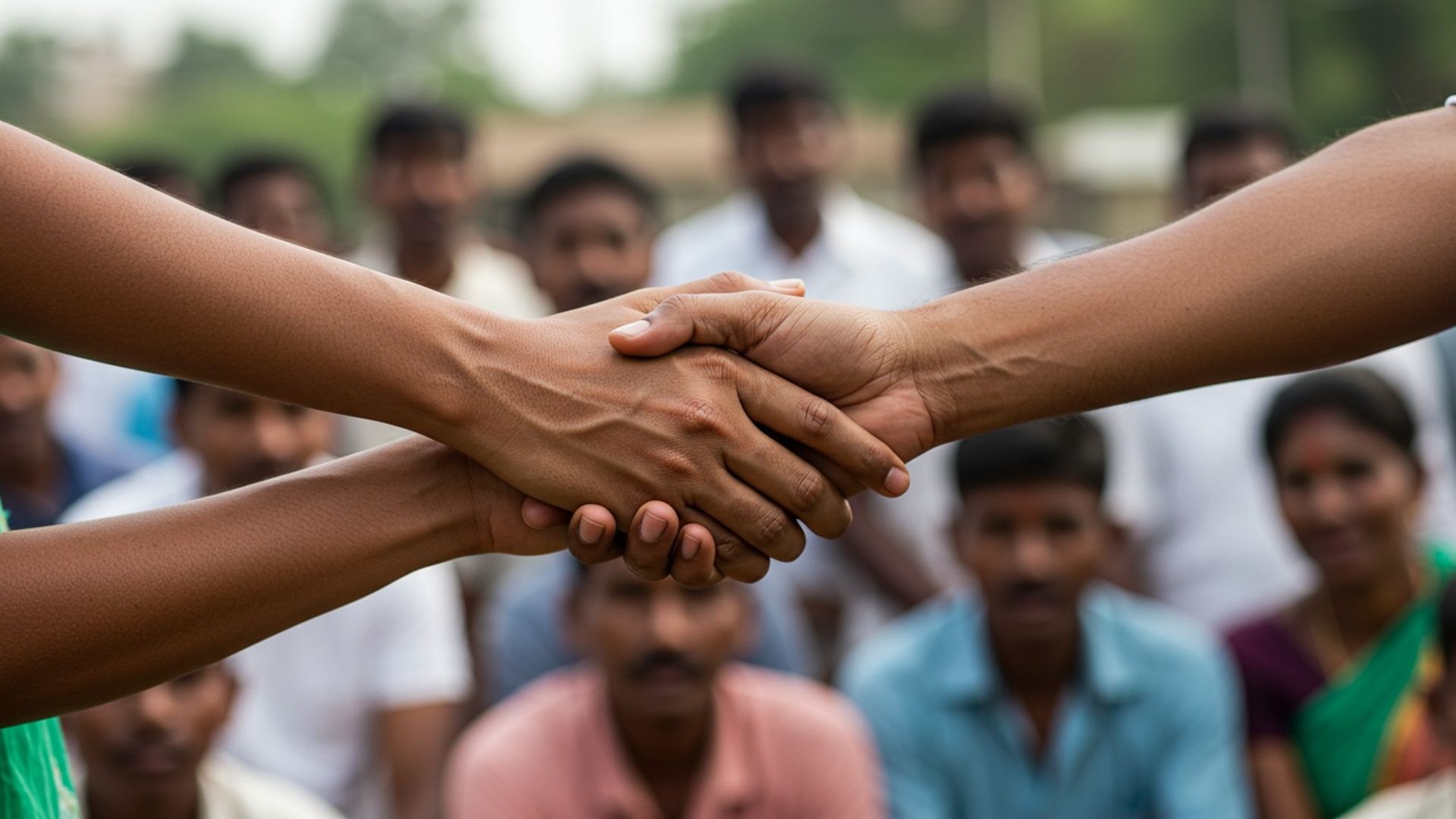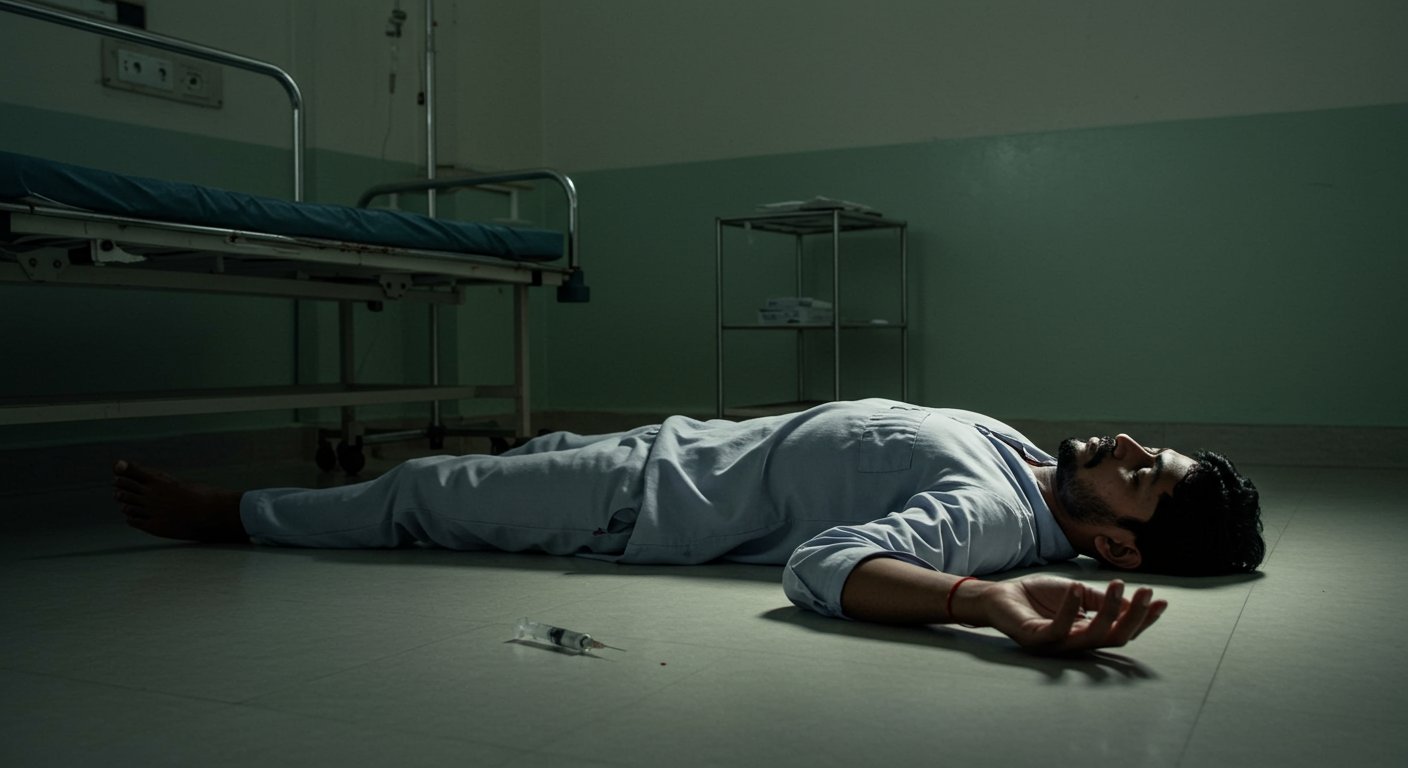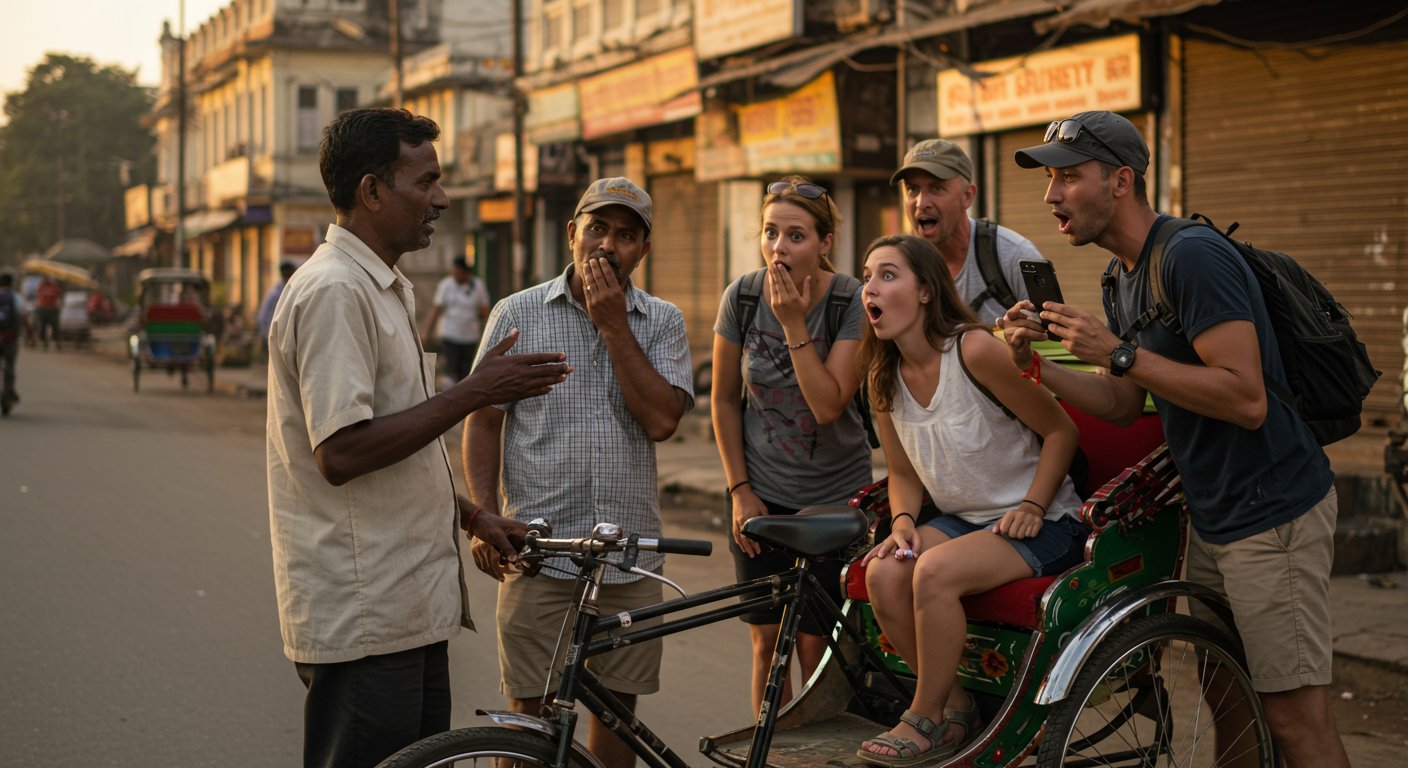In a historic move, the Karnataka government today passes a landmark bill aimed at finally ending the long-standing exploitation of Devadasi women and girls across the state. This new law directly targets the harmful system where young females are dedicated to deities, often leading to a life of forced ritual service and severe abuse. The legislation brings hope for thousands, making it illegal to continue this practice and setting a new path for protecting the human rights of vulnerable individuals. This critical step marks a major victory for social justice and signals a firm commitment to stopping an age-old tradition that has caused immense suffering, ensuring a safer future for many.
A New Chapter for Devadasi Women
In a significant step towards social justice, the Karnataka government has put forward a new bill aimed at ending the exploitation of Devadasi women across the state. This proposed law, known as the Karnataka Devadasi (Prevention, Prohibition, Relief and Rehabilitation) Bill, 2025, was presented in the state Assembly on August 13, 2025. This move is seen as a comprehensive effort to replace older laws and provide real support to women affected by this harmful practice.
The bill was approved by the State Cabinet on August 7, 2025. It builds upon and replaces the Karnataka Devadasis (Prohibition of Dedication) Act, 1982. its amendment from 2009. The focus is not just on stopping the practice but also on giving relief and helping Devadasi women and their children rebuild their lives.
Understanding the Past
The Devadasi system is an old custom that has unfortunately led to the exploitation of women for many years. It traditionally involved dedicating girls to deities or temples. over time, it became a system that forced these women into a life of exploitation. Many of the girls caught in this system came from poor families, often from Scheduled Caste or Scheduled Tribe communities.
Karnataka first banned this practice in 1982 with an act that came into force in 1984. Despite the ban, the practice did not completely disappear. Reports show that it continued secretly in some parts of the state, often taking place in homes instead of temples. Before the ban, it is believed that about 80,000 women were forced into this dedication. A government survey done in 2008-2009 counted around 46,600 Devadasi women in Karnataka.
But, previous laws faced challenges. There was often a lack of awareness about the laws among the public and those affected. Also, enforcing these laws and providing effective rehabilitation programs proved difficult. Many Devadasi women and their children still face social and financial difficulties. often do not have access to basic needs like land, housing, or proper health care.
Key Changes in the New Bill
The new bill brings several crucial changes designed to offer more protection and support:
- It aims to free Devadasi women from all forms of exploitation and remove the social stigma faced by their children.
- A crucial part of the bill gives children born to Devadasi women the right to know and prove who their father is. This can include using DNA tests if needed.
- The bill states that any child born to a Devadasi woman will be considered a “legitimate child.” This means they will have full rights to inherit property from both parents.
- To help these children, the bill also makes sure they get free legal help and support.
- An crucial provision allows children of Devadasi women not to be forced to put their father’s name on government identity cards, like passports or Aadhaar cards, if they do not wish to.
- The new law also proposes stronger penalties for anyone who dedicates a woman as a Devadasi or supports such practices. The punishment can now be up to five years in jail, which is more than the three years under the old law.
- The bill focuses on providing proper social support and ways for Devadasi women to rejoin society, addressing their lack of land, housing. ongoing health issues.
The drafting of this new law was a detailed process. It involved the Centre for the Study of Social Inclusion at the National Law School of India University (NLSIU), Bengaluru. They conducted extensive field research and held discussions with members of the Devadasi community, non-government organizations. social activists.
Hopes for the Future
This new bill represents a significant shift in how the state addresses the Devadasi system. It moves beyond just stopping the practice to actively providing help and rehabilitation. Those who have been working to end this system, including activists and Devadasi community members themselves, have long asked for such a detailed law that includes proper relief and rehabilitation.
The government hopes this new legislation will ensure that all Devadasi women are identified and receive the benefits and support they need. It is an effort to tackle not only the direct exploitation but also the long-standing social and economic challenges faced by these women and their children. While the bill aims to prevent future dedications and support those already affected, challenges like identifying all those who need help and ensuring the law is fully put into practice will remain key.
![]()











